Learning & Teaching
Josy Reeder

Learning & Teaching
Josy Reeder
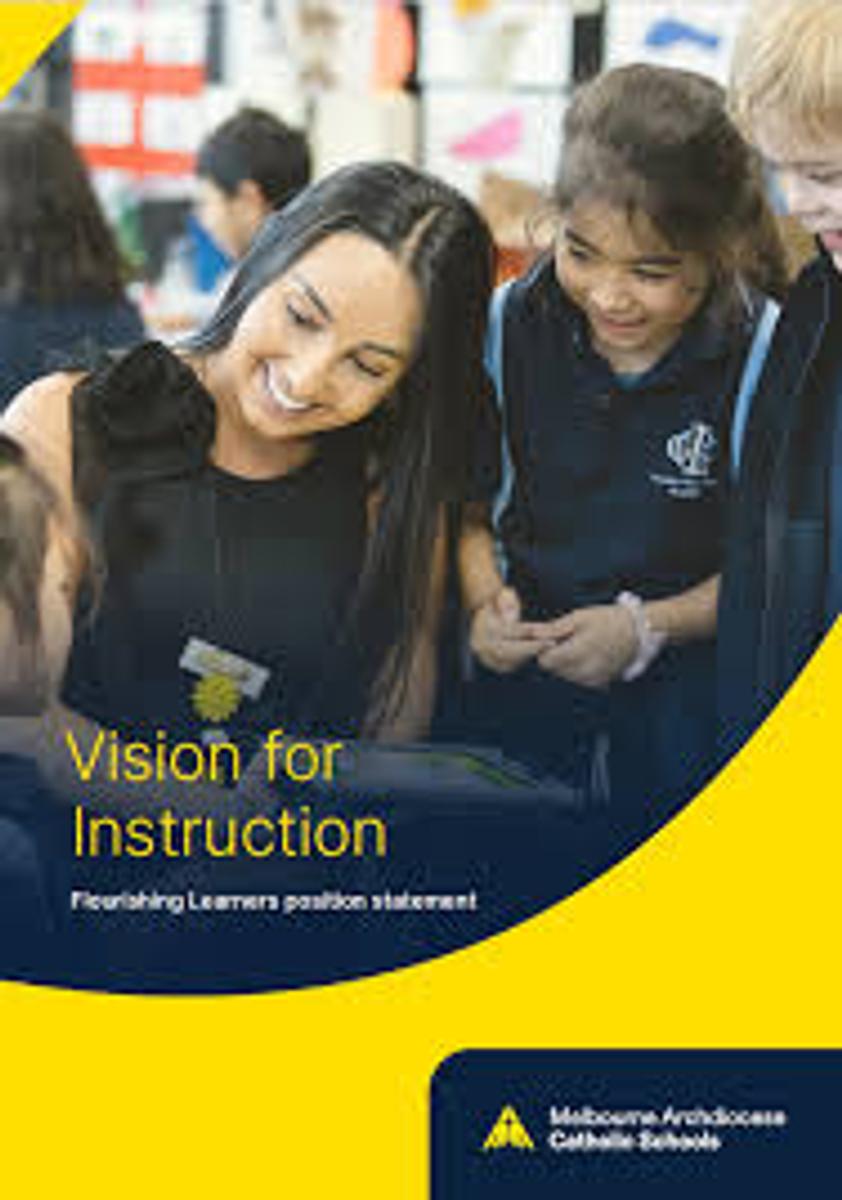

At OLA, we are continually developing our professional learning on Rosenshine's 10 Principles of Instruction. Rosenshine’s 10 Principles of Instruction are research based strategies that support effective teaching and learning. They emphasise clear, structured teaching, starting with daily review and introducing new material in small steps. Teachers ask lots of questions, check for understanding frequently, and provide guided practice. Scaffolding helps support students as they learn, with gradual release to independent work. These principles aim to build strong foundational knowledge and help all students succeed.
One way our teachers support effective learning is by using full participation strategies to check for understanding that engage every student. Techniques like think-pair-share, whiteboard responses, and quick checks for understanding help keep all students involved and engaged. These regular check-ins allow teachers to adjust lessons on the spot, clear up confusion, and strengthen learning. This approach ensures all students are supported and builds a solid foundation for success.
"The more effective teachers frequently checked to see if all the students were learning the new material. These checks provided some of the processing needed to move new learning into long term memory. These checks also let teachers know if students were developing misconceptions."
— Barak Rosenshine, 2012
The Grade 1s had a great time learning together, playing lots of fun maths games to build their understanding of addition facts.
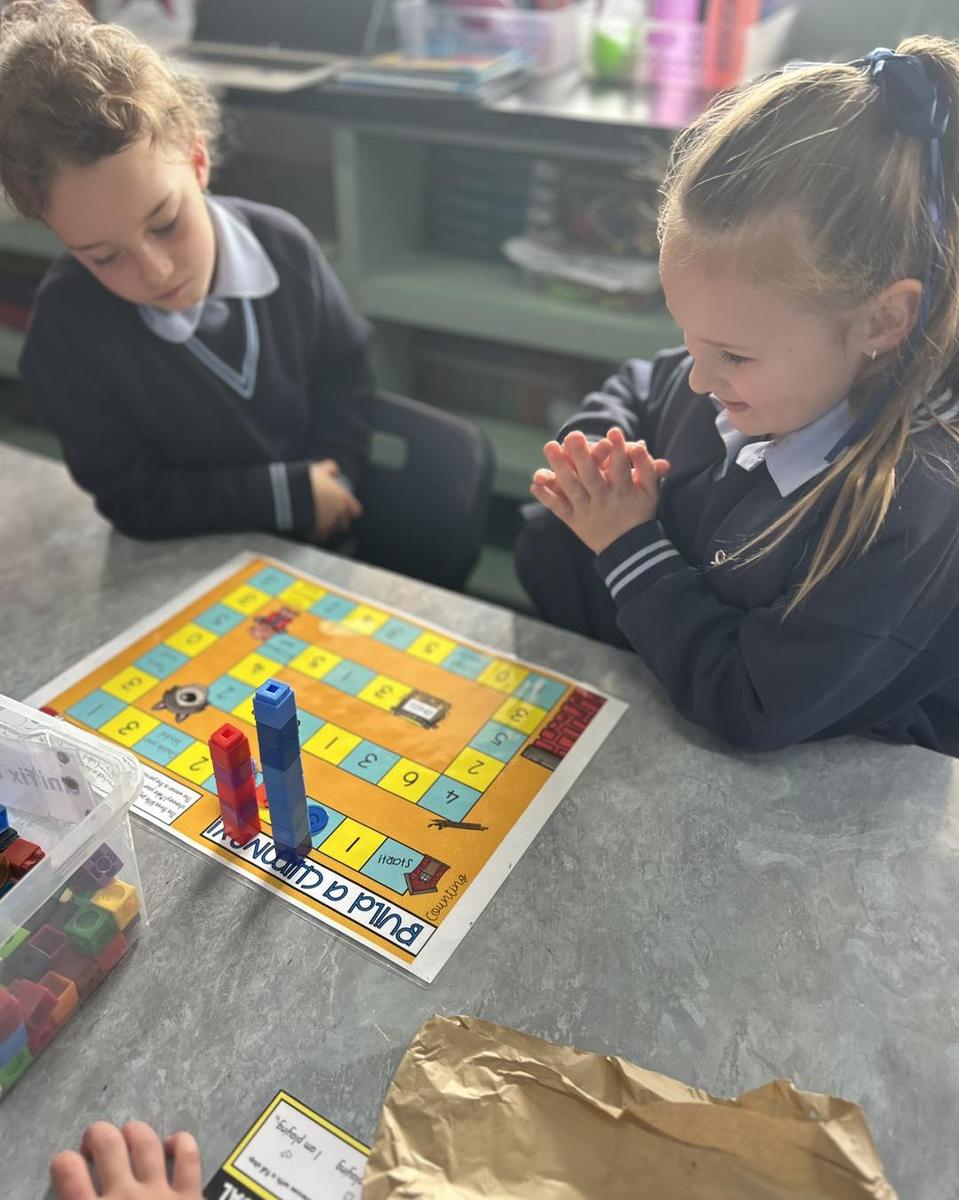
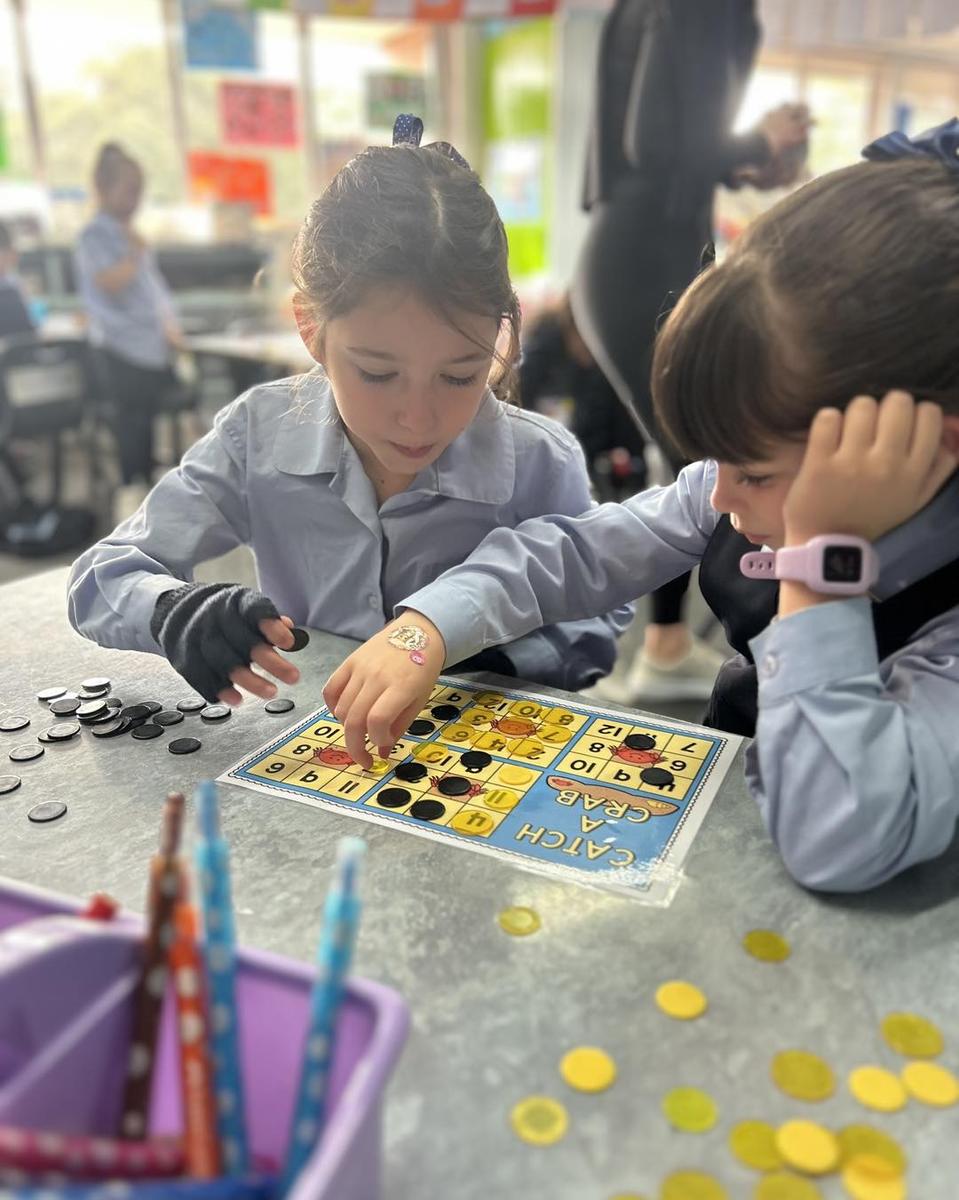
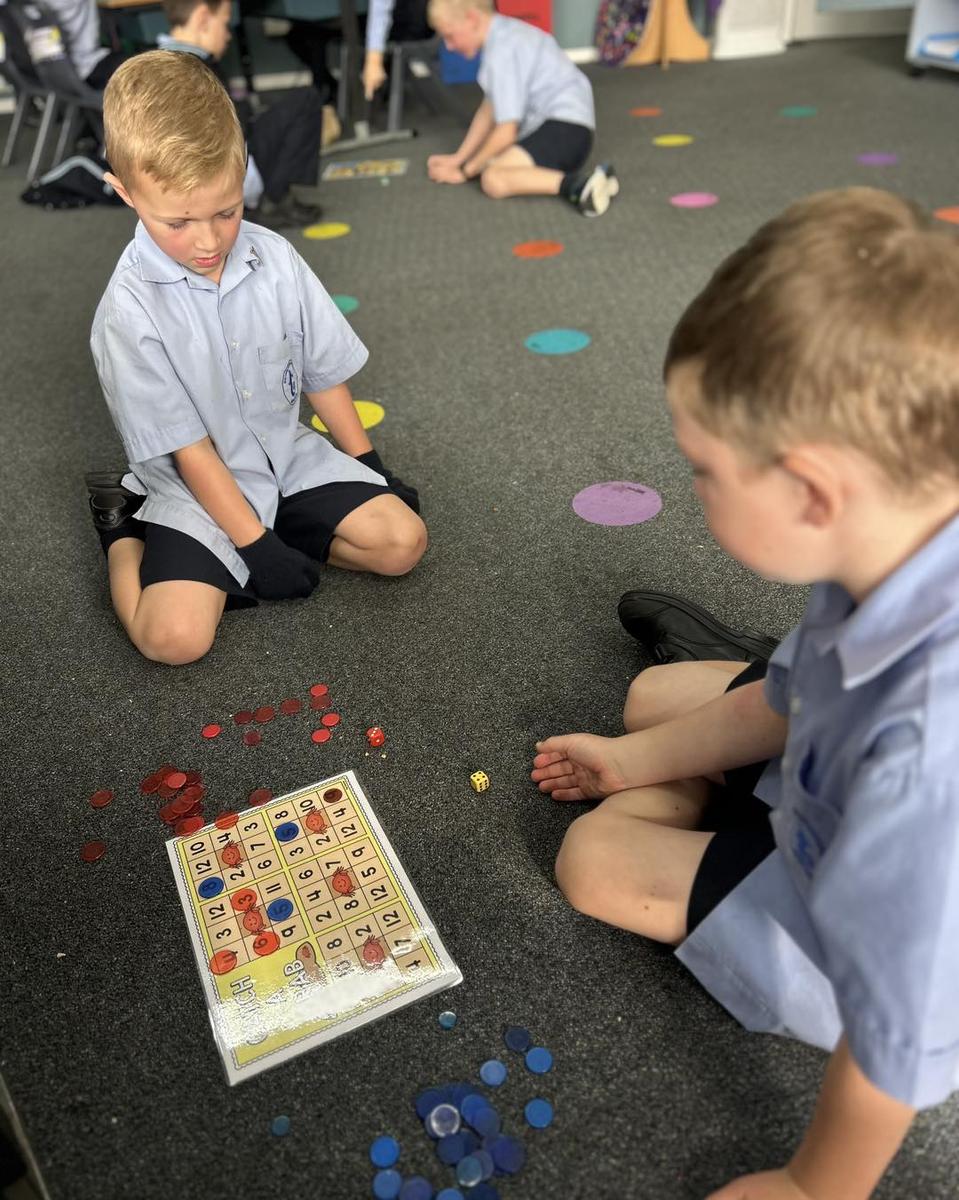
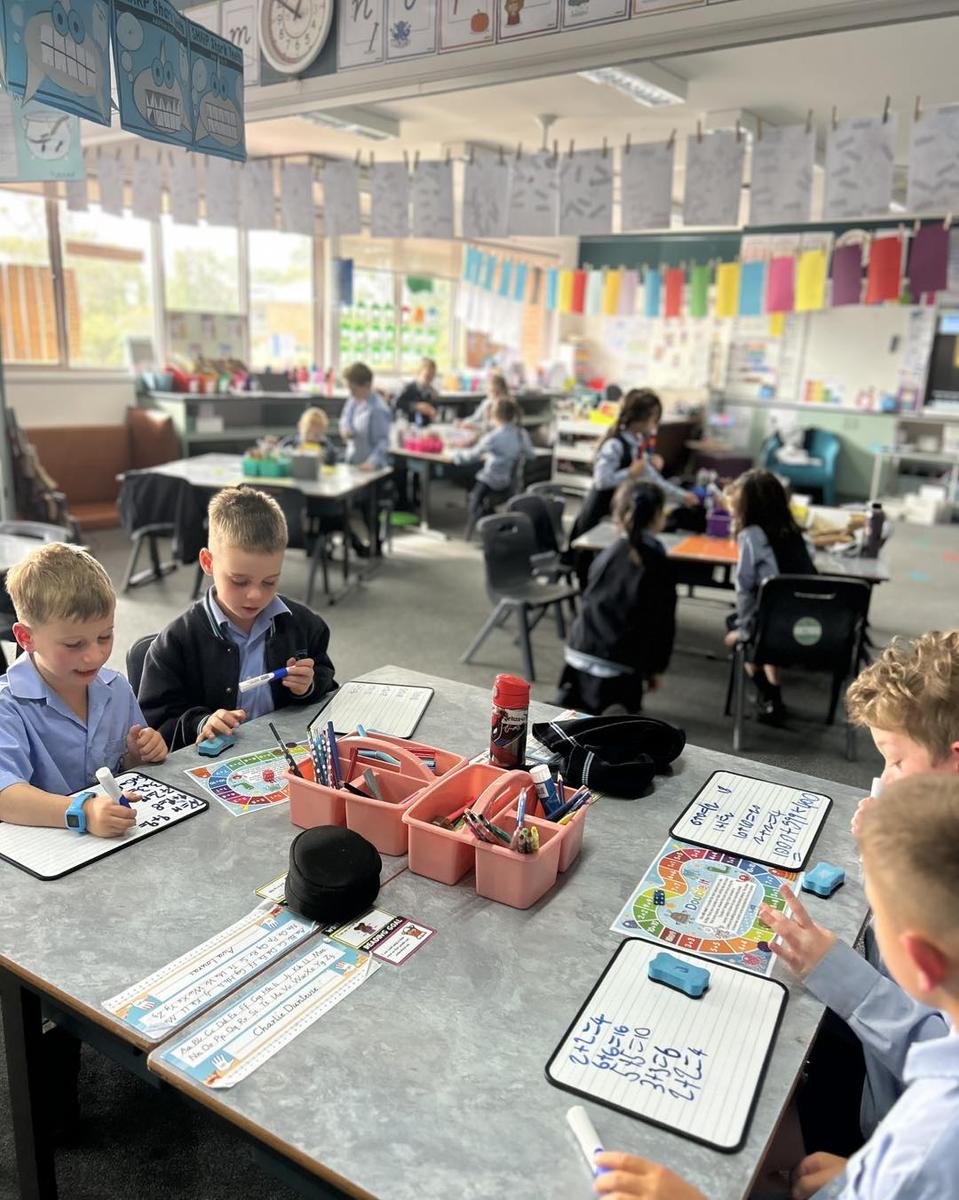
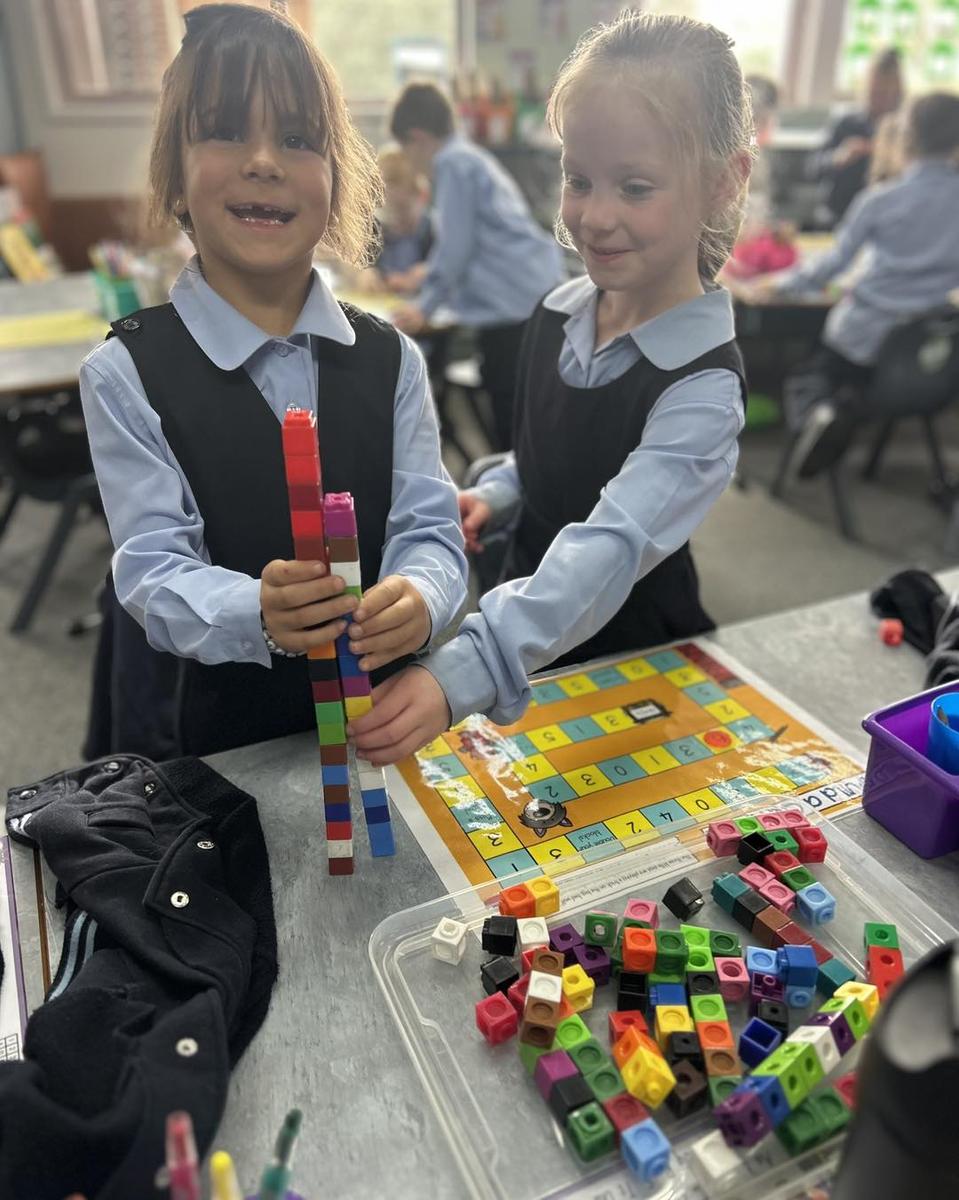





As part of their Term Two Inquiry Unit, ‘Our World – Down on the Farm,’ our Prep students have been learning all about the environment and the important role we play in looking after it. They've been exploring how both animals and humans depend on the environment to meet their basic needs—like food, water, and shelter—and how changes to the environment can affect all living things.
To bring their learning to life, students had the exciting opportunity to visit Myuna Farm! They became ‘Wild Explorers’ for the day, getting up close with farm animals, discovering their unique features, and learning how to care for them. They also explored different habitats and gained a deeper understanding of life cycles and what animals need to survive. It was a fantastic day that helped make their classroom learning real and memorable!
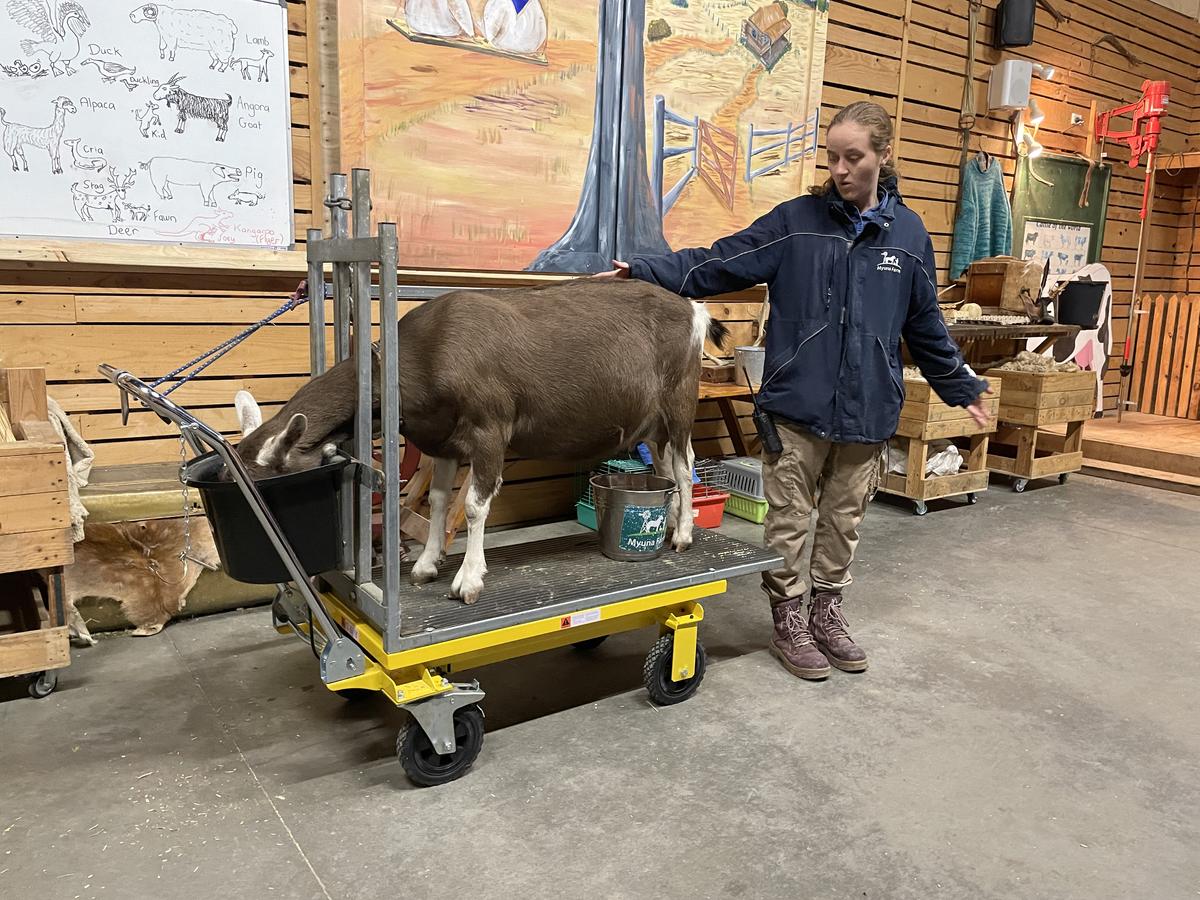
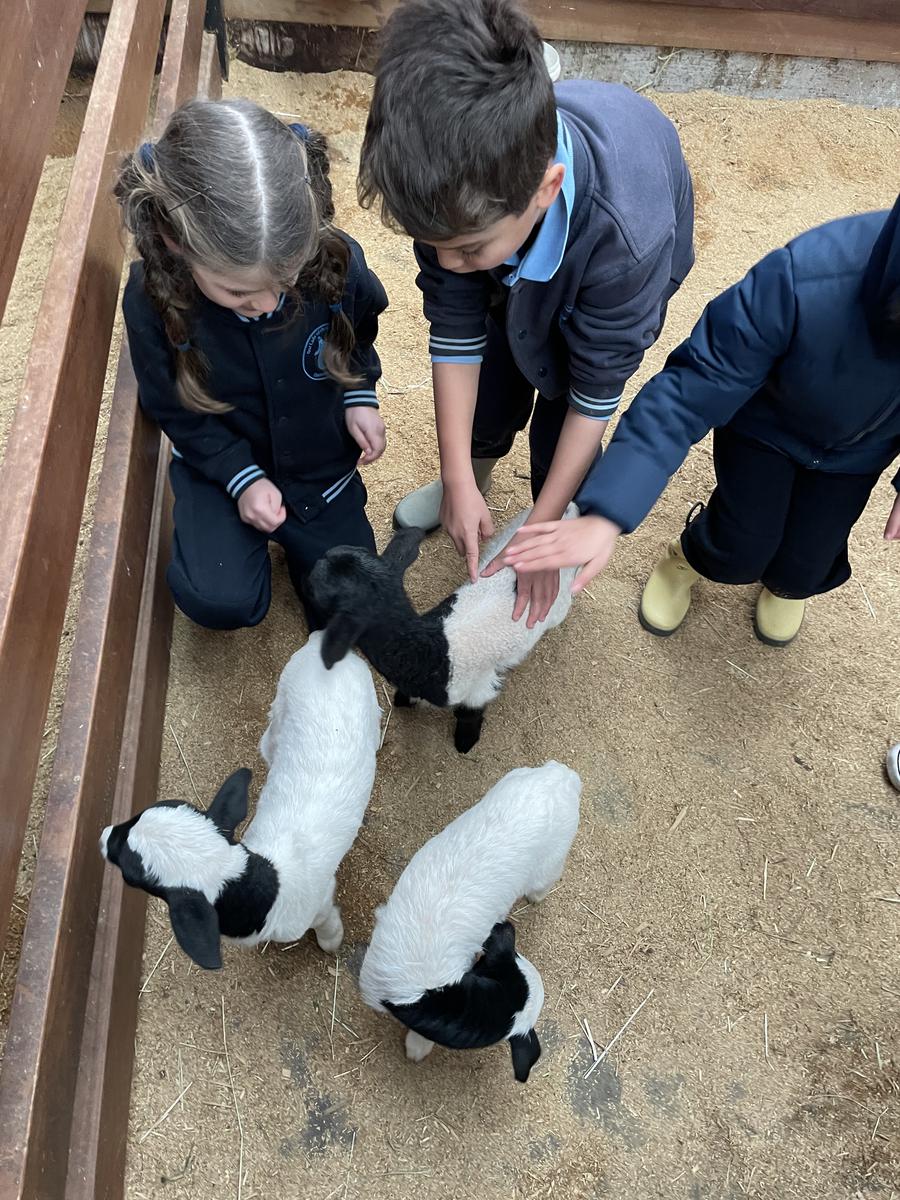
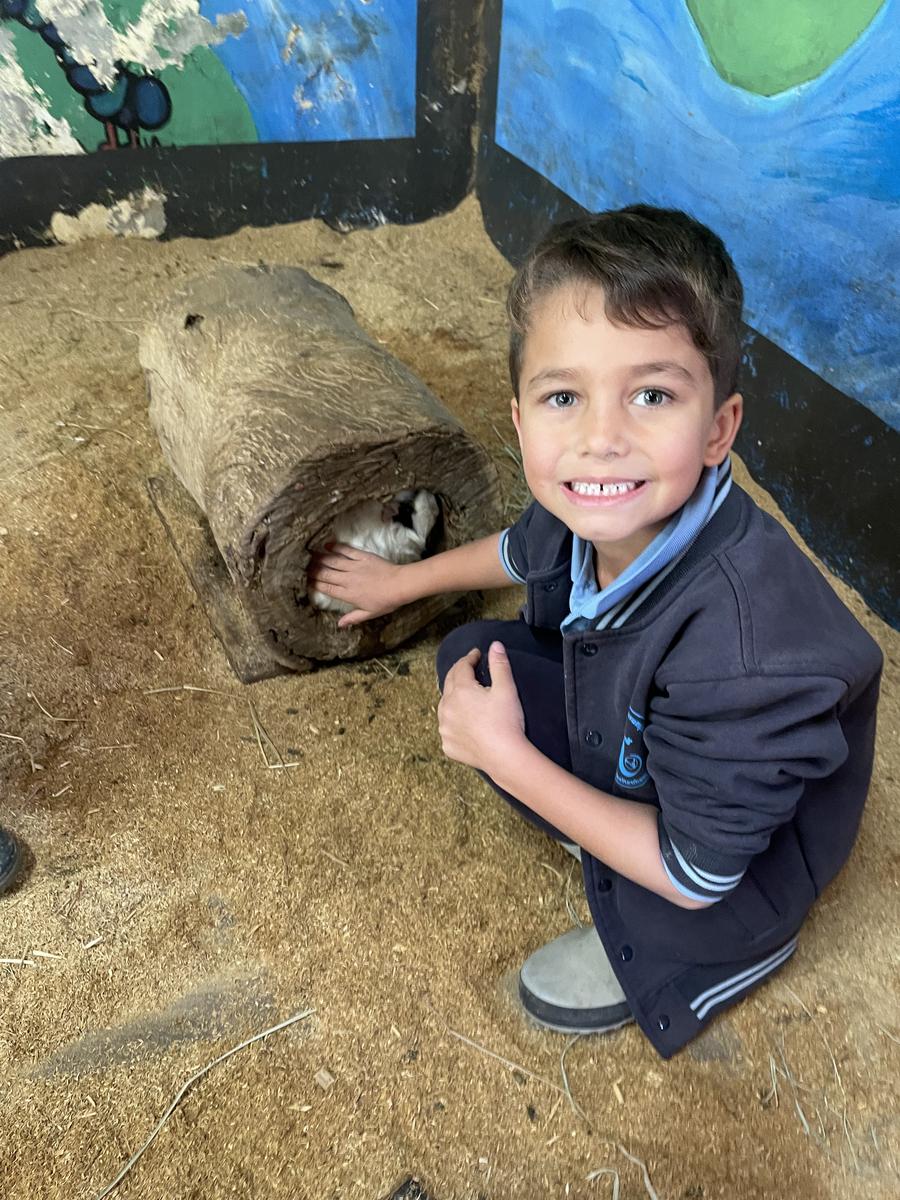
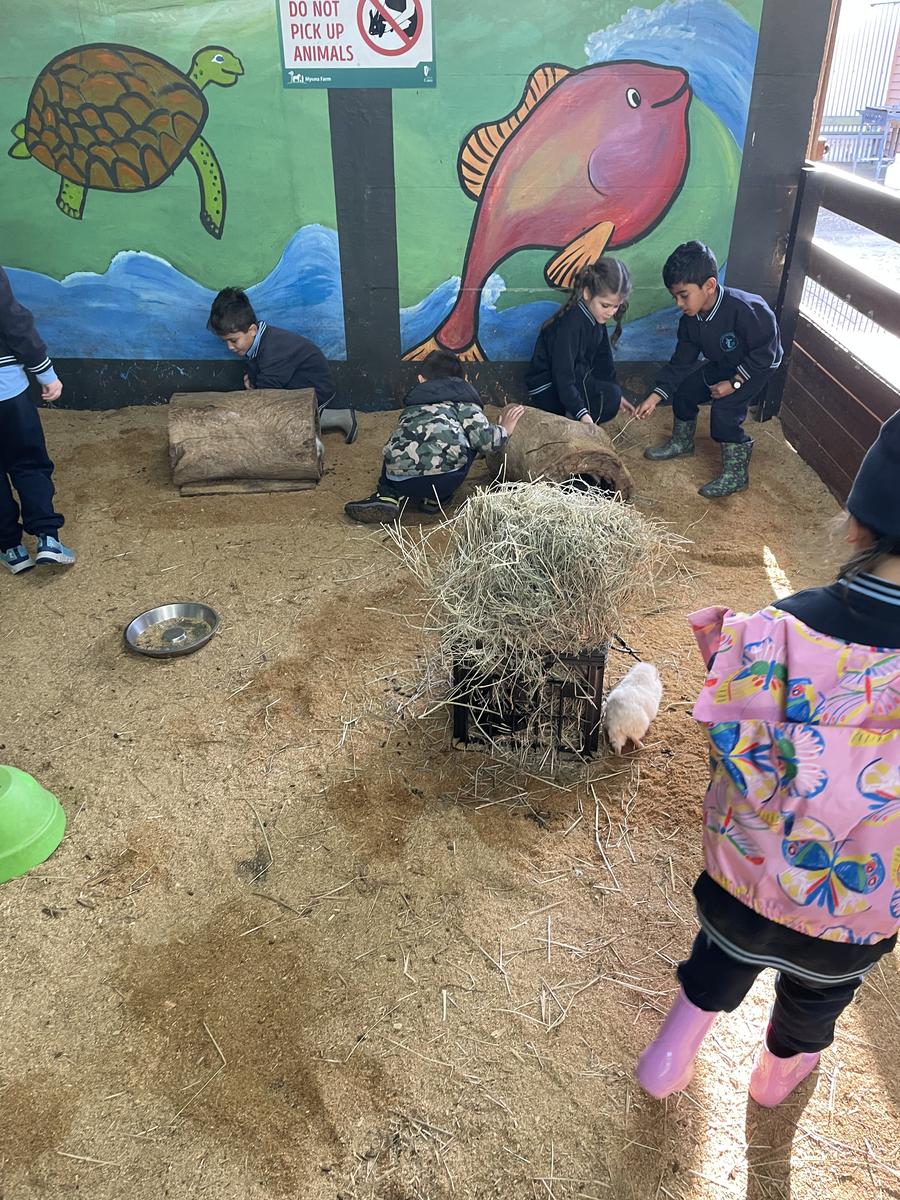
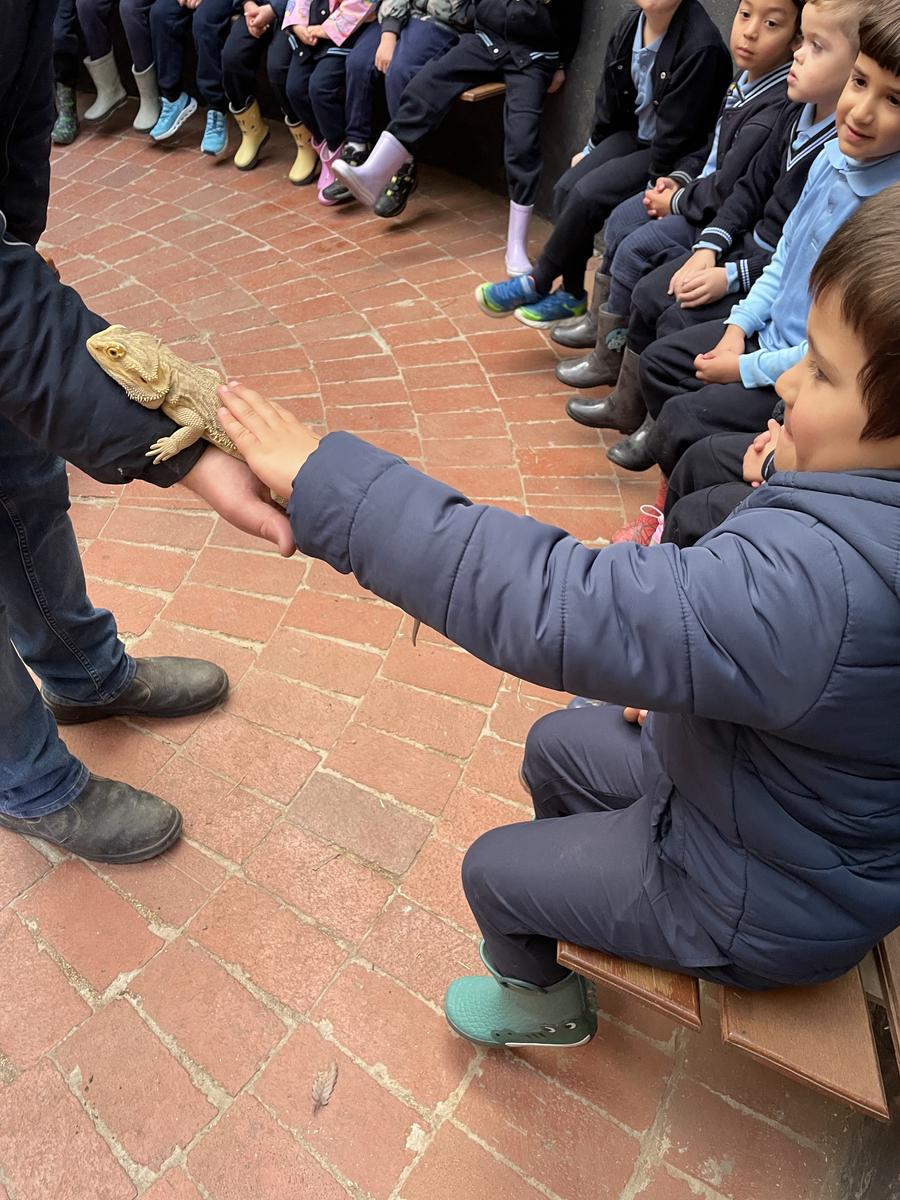
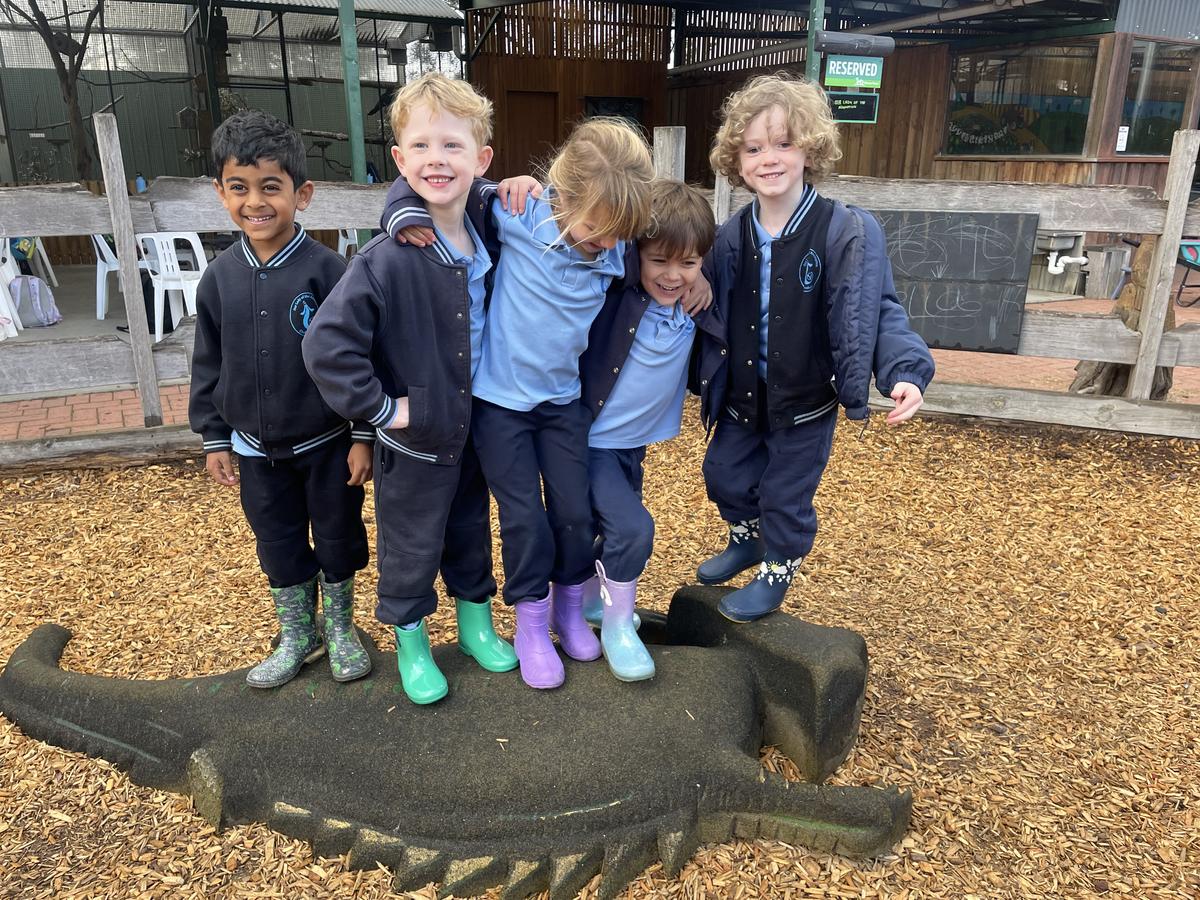








Preparation and planning for the 2025 Australian Mathematics Competition (AMC) is well under way. The AMC is an engaging 30-problem competition that demonstrates the importance and relevance of Mathematics in students’ everyday lives; it is open to students in Grades 3 to 12. The students are given 60 minutes to complete the mathematical assessment.
Students have been invited to participate by the classroom teacher, Mathematics Leader and Principal using assessment data to determine which students might benefit from the opportunity.
If you have not been contacted and would like your child to participate, please contact Nicole Collins on 03 9584 9488 or collinsn@olacheltenham.catholic.edu.au for more information.
This week, the Sustainability Leaders attended a workshop at Namatjira park in Clarinda. We learnt about ponding, frogs and water pollution testing. We also were able to see a litter trap emptied and we cleaned up rubbish from the park precinct.
We went on an environmental clean-up and learning experience at a nearby park. Our goal was to learn about our local environment and help look after it. For instance, we learnt about frogs and their habitats.
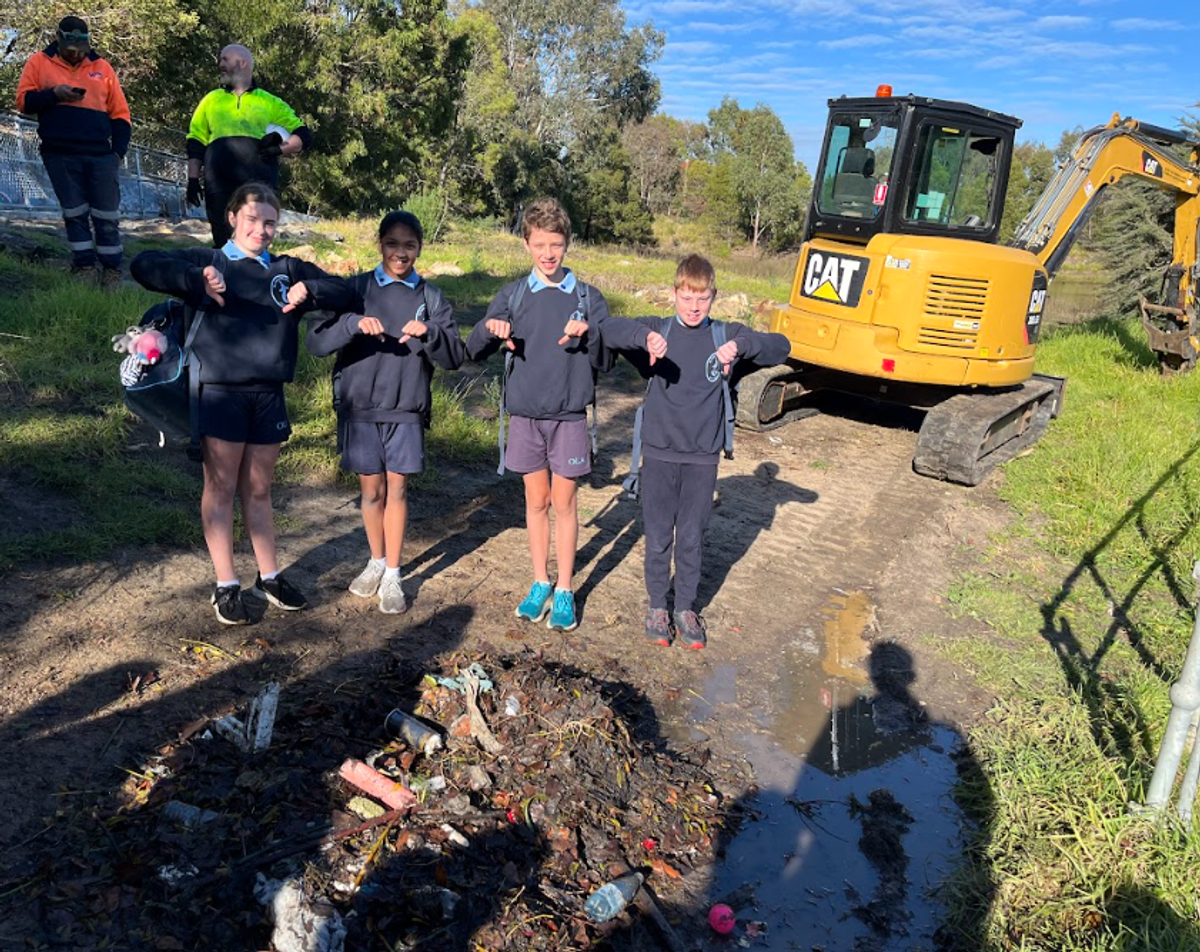

Firstly we were thrilled to witness one of the 15 litter traps being emptied. Litter Traps help to capture rubbish that has gone down drains and protects it from ending up in rivers and animals stomachs. Litter traps usually capture plastic and leaves though they are also known to capture some other interesting items such as spray cans. This exercise showed us how important it is not to litter, even on streets far from the water.
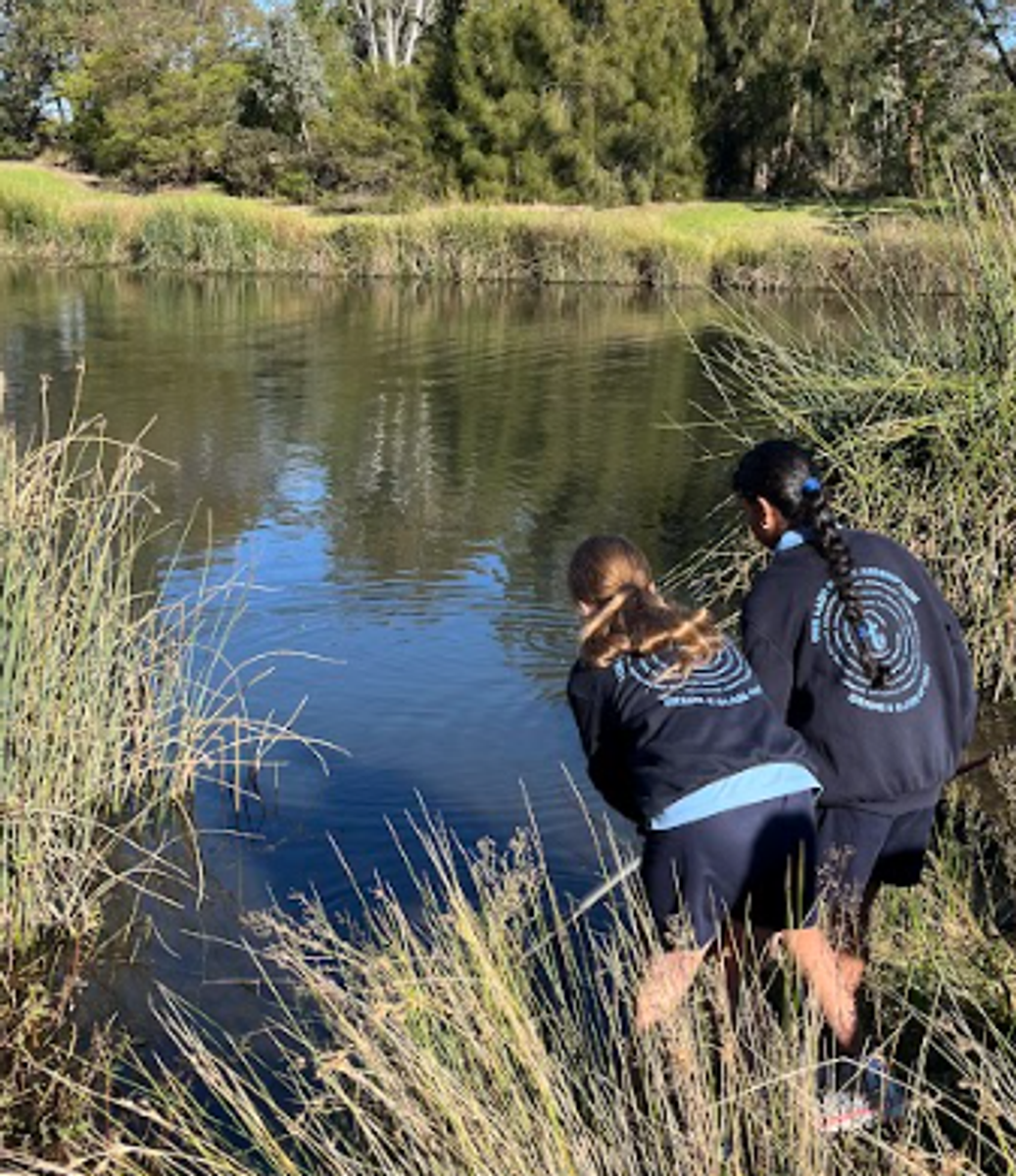

We used nets and trays to carefully collect water from the pond. We identified different water bugs, it was so much fun we even got to look at other peoples trays , and see what they all got. We all mostly found a non biting midge larvae. They were red and they wiggled around like they were dancing. We also found a water bug called a predaceous diving beetle larvae . It was amazing to see how many living things rely on clean water habitats.
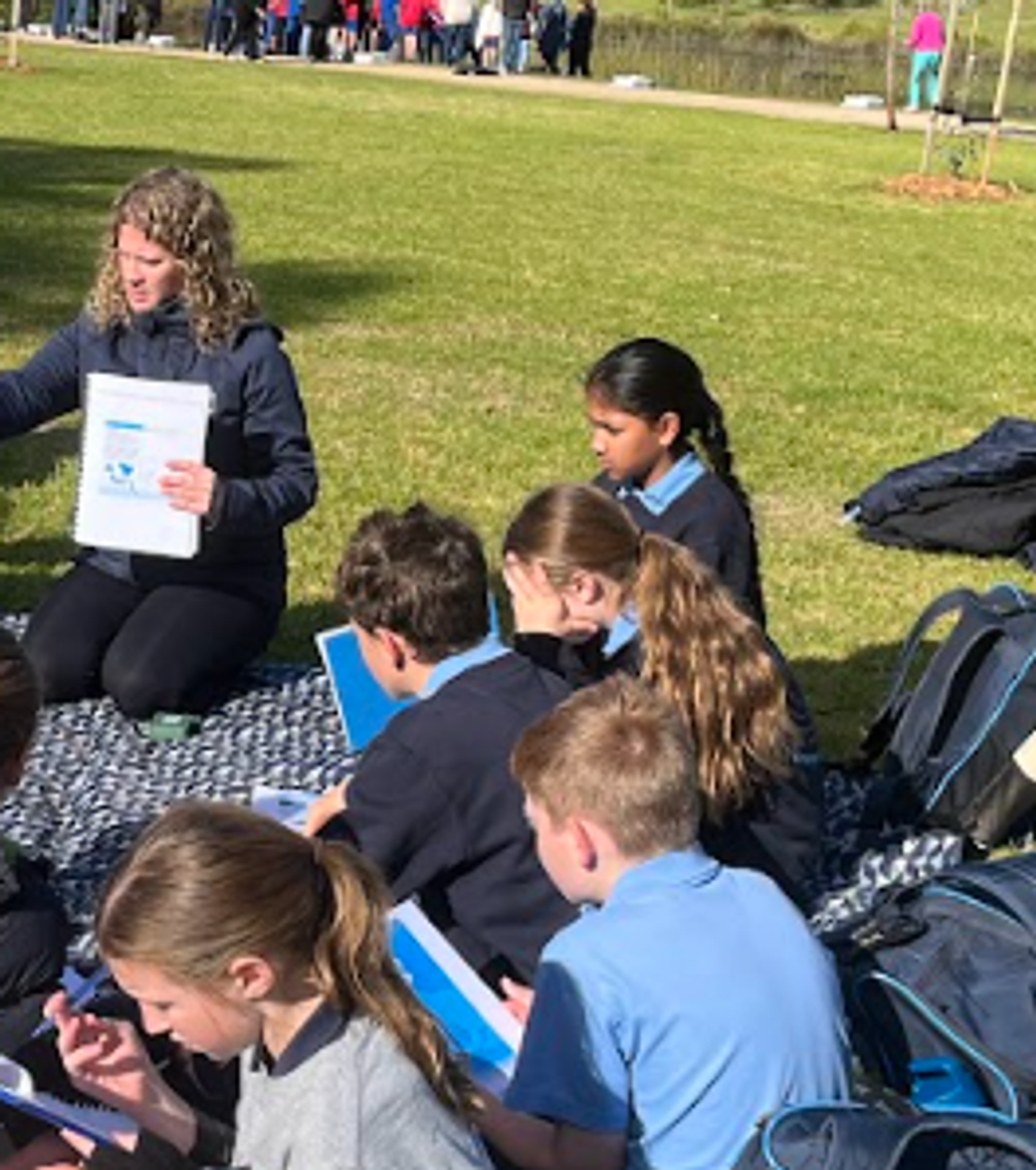

We learnt that the frogs will be the first things to leave the wetlands if the water has chemicals or something that the frogs can't survive in. Because their skin is so sensitive chemicals can affect it and possibly kill them. Because they are Amphibians they live on the land and in the water so if the land is good but the water has chemicals they would have to find somewhere else to live.
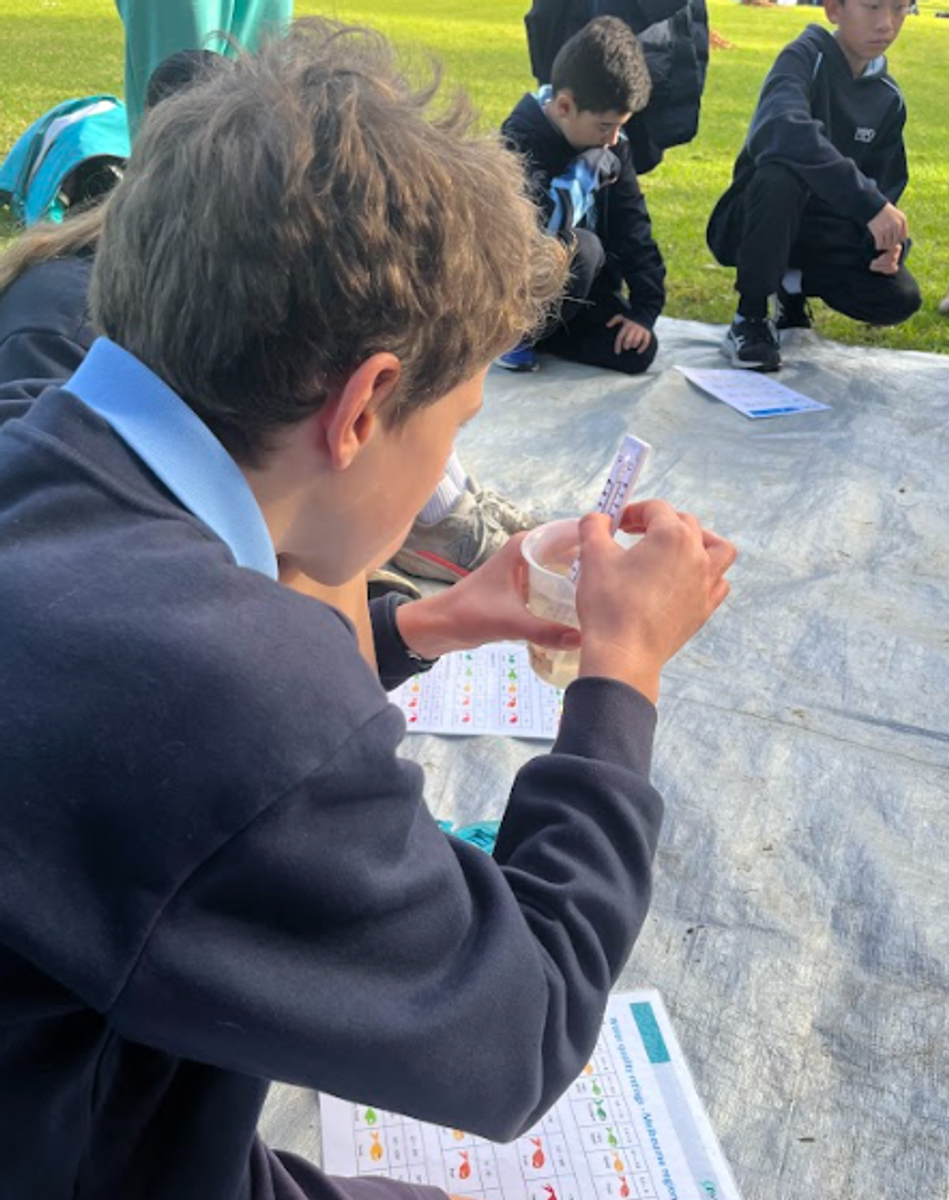

As our last of the three rotations, we were excited to learn about different aspects of water quality testing. We tested the pond water and found out that overall the water quality was good as the pH level was rated as excellent and the electrical conductivity was good though the clarity was poor. Water quality is very important for the animals and plants that live there. As fluctuation in the water quality can cause them to leave the area.
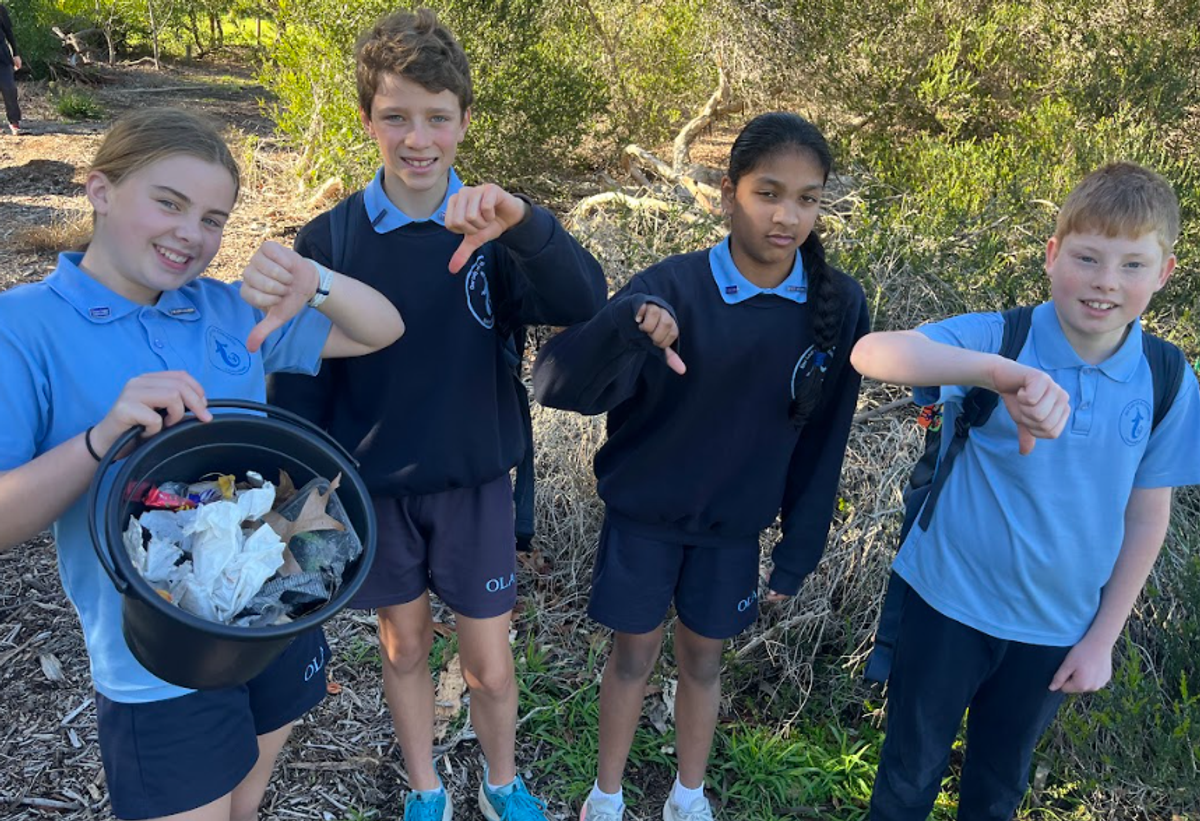

We walked through the park and picked up rubbish. We found heaps of rubbish, enough rubbish, enough to fill a bucket. We had 10 minutes, in total with all the schools we found around the size that could fit in a whole bag. We found plastic, cans, balloons,and other items that don’t belong in nature around bushes and the lake. It felt good to know we were helping the environment in a real way.
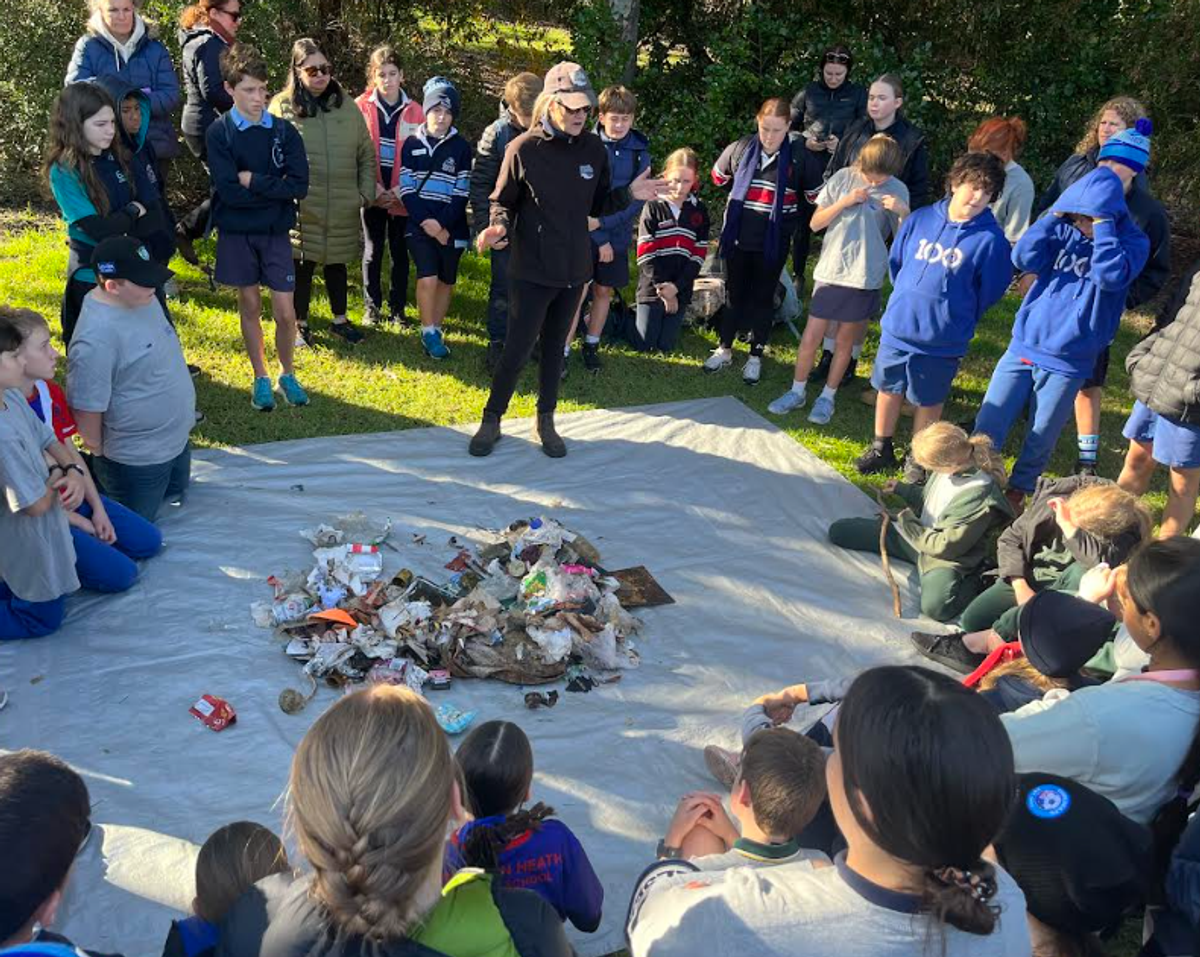

We learned that small actions can make a big difference. Keeping litter out of drains helps the wildlife. You can join local clean up support groups that help care for the environment and report their findings to the government. These reports can bring about positive change such as the Container Deposit Victoria scheme. Everyone can help at school, at home, and in our community.
-The Sustainability Leaders (Lachlan, Christian, Emma and Joselyn.)
Josy Reeder
Learning & Teaching Leader